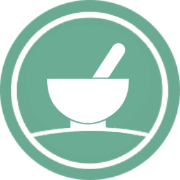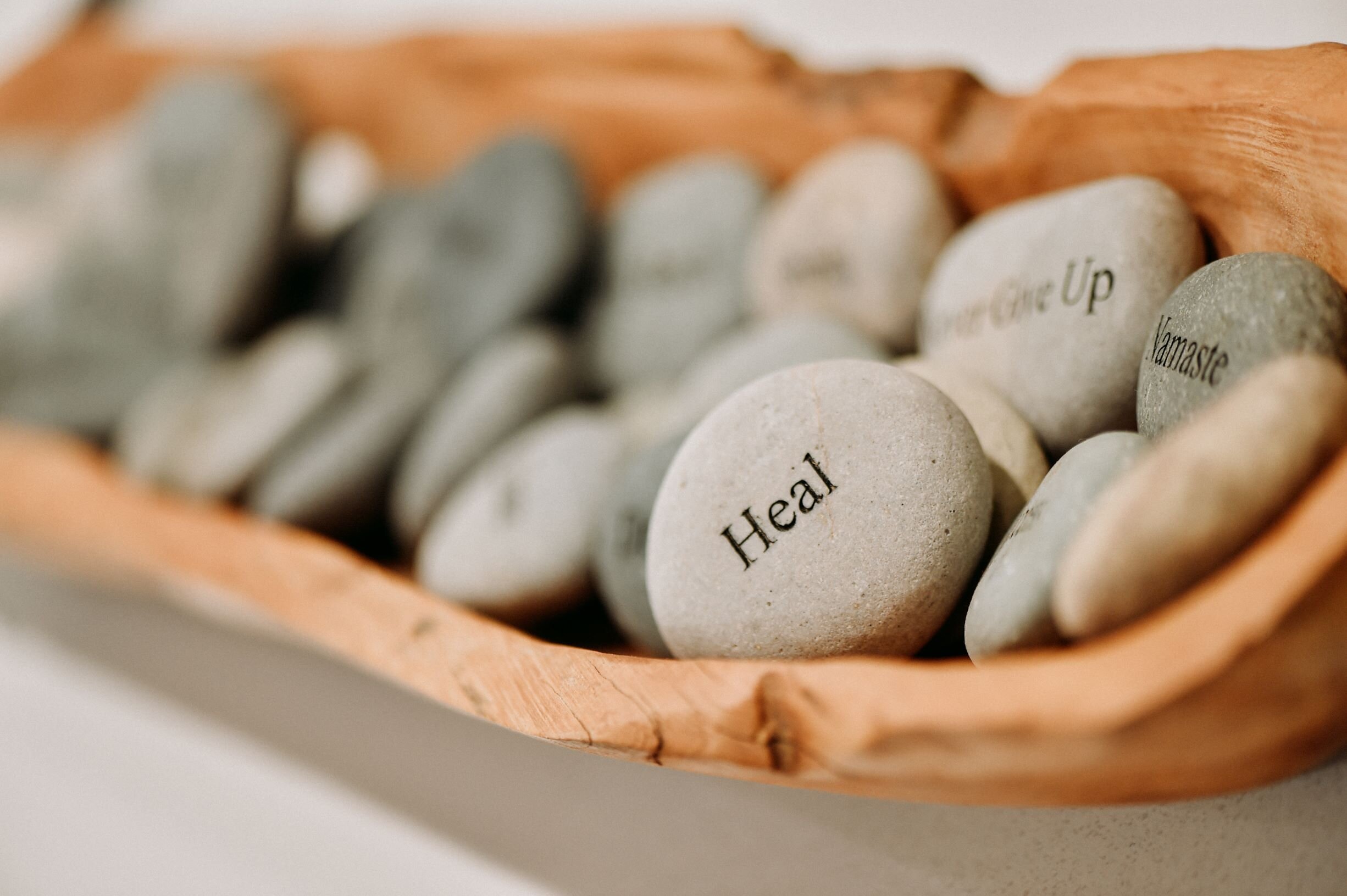Acupuncture is one of the oldest and most widely-known methods of Traditional Chinese Medicine (TCM). This healing technique aims to stimulate the body's immune system and strengthen its ability to heal itself. Acupuncture typically involves the insertion of fine, sterile needles at precise locations (or "points") which correspond to specific ailments or imbalances within the body.
Using TCM diagnostic tools and theory, our acupuncturists assess the body's condition and the underlying cause of imbalance. This way, we can focus on treating the root (cause) in order to treat the branch (symptoms). This approach provides you with the best chance of a full recovery.
At Herb + Ōhm, we may also incorporate any of the following additional TCM methods as part of your acupuncture treatment, depending on your symptoms:

Acupuncture is one of the oldest and most widely-known methods of Traditional Chinese Medicine (TCM). We use this healing technique to stimulate the body's immune system and strengthen its ability to heal itself. Acupuncture typically involves the insertion of fine, sterile needles at precise locations (or "points") which correspond to specific ailments or imbalances in the body.

Moxibustion involves burning an herb called Mugwort and applying the resulting heat to specific acupuncture points on the body. Moxibustion is used to gently stimulate acupuncture points or areas of the body in order to quicken the healing process.

Cupping is a therapy that involves placing cups on the skin to create suction. The suction is designed to stimulate the flow of blood within the superficial muscle layers, promoting cell repair. It is commonly used to help relieve muscle tension and soreness as well as the common cold.

Gua Sha is a technique used to release muscle tension, tightness, constriction and pain. . A specialized tool is used to gently rub the skin over a problem area. Gua Sha feels like deep tissue massage.

Chinese Herbal Medicine uses combinations of plants and minerals to help stimulate the body's immune system and strengthen its ability to heal itself. Similar to acupuncture, Herbal Medicine is a powerful healing tool that can be used to address a variety of ailments, from minor imbalances to chronic conditions, with minimal side effects.
What can acupuncture Treat?

ancient healing for modern living
Acupuncture can effectively treat a number of health issues related to pain management. At Herb + Ohm we can help you to uncover and treat the root cause of your ailment—not only to quickly heal or manage the issue, but also to prevent it from worsening or recurring. We look forward to welcoming you to our practice and becoming a trusted partner on your journey toward optimal health and wellness.




















